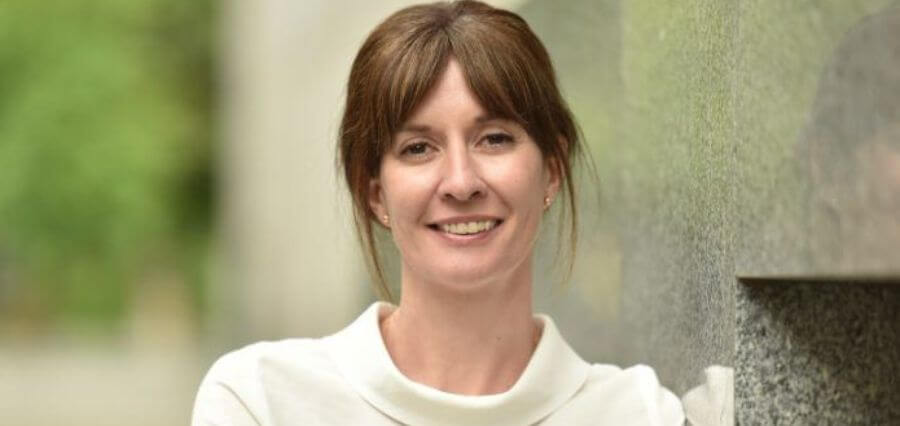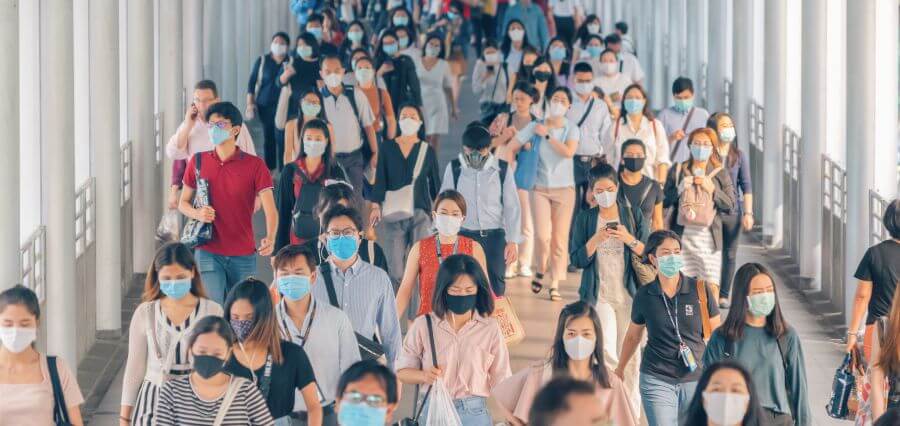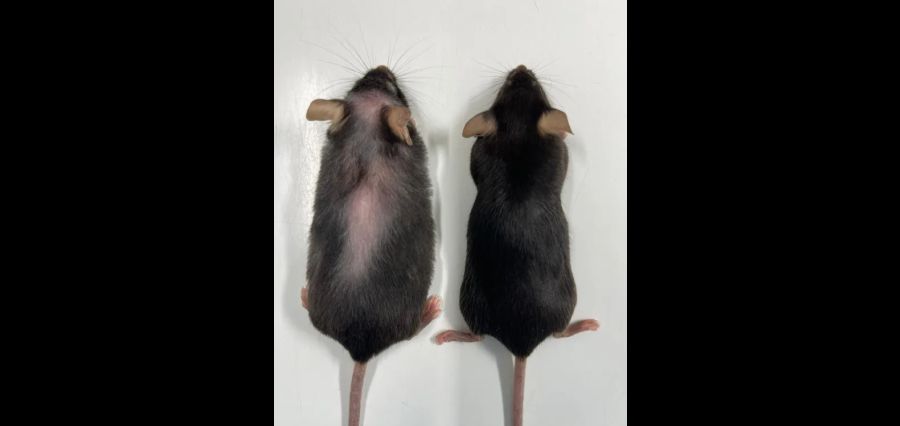As our population ages, the already high burden of cancer grows. We hear from a cancer researcher about how her work addresses this issue.
Dr. Tríona Ní Chonghaile’s interest in the workings of living things stems from her mother, a biology teacher. She has turned her youthful interest into a successful profession as a cancer researcher, striving to better our understanding and treatment of leukemia.
Ní Chonghaile is an associate professor in the Physiology and Medical Physics Department at RCSI University of Medicine and Health Sciences. She also leads the Targeted Therapeutics Cancer Lab.
She earned a PhD in biochemistry from the University of Galway and then did postdoctoral research at Harvard Medical School’s Dana-Farber Cancer Institute.
She returned to Ireland in 2014 to work at the Conway Institute of Biomolecular and Biomedical Science, where she focused on developing new therapies for triple-negative breast cancer.
The Targeted Therapeutics in Cancer Lab began in 2015, with one PhD student and one postdoctoral researcher. Currently, three postdocs and four PhDs labor in the lab.
Multiple myeloma is a kind of leukemia that is currently incurable. While the patient usually responds well to treatment at first, the tumor eventually returns and becomes more difficult to treat.
She remarked, “We are currently developing Multiple Myeloma patient samples in the lab, attempting to understand cell death signalling in the cells and uncover potentially new vulnerabilities that might be targeted for treatment. We looked for new tiny compounds that could kill cancer cells that had developed resistance to cell death. We are currently working on improving the structure of the tiny molecules so that they are more drug-like.
We collaborate closely with haematologist Prof Siobhan Glavey of Beaumont Hospital/Beaumont Cancer Centre.
Our research is significant because, in an aging population, cancer is becoming a growing burden and a global concern for society. Cancer kills one out of every six people worldwide, and this figure is expected to rise dramatically in the future years.
The goal is to develop therapies that have fewer or fewer side effects in order to improve care for elderly individuals.
Multiple myeloma is the second most frequent kind of blood cancer in Ireland, with 384 individuals diagnosed per year and an average age of 68. The goal here is to find medicines for when the cancer returns, which will be more harder to treat and have less negative effects.
Her mother was her biology teacher, and she did an excellent job demonstrating each experiment in the scientific book. Dr. Tríona enjoyed experimenting with science, such as covering a leaf with tin foil to prevent sunlight exposure.
She also recalls viewing the French animation ‘Once Upon a Time … Life’. I liked the format since it showed a kid running and cutting their knee, followed by an inside look at how platelets work together to stop the bleeding and repair the wound. I believe that contributed to my interest in biology.
Speaking about the research, Dr. Tríona shared, “Our research was funded by Breakthrough Cancer Research and last year our lab was involved with a documentary describing the importance of cancer research ‘Biseach ón Ailse’. This provided us with a chance to meet three cancer survivors Evelyn O’Rourke, Catríona Greene and Ann Marie O’Sullivan and to learn of their journey through diagnosis and treatment. It was such a privilege to be involved in this documentary through Irish (albeit mine was a bit rusty!). Patient involvement in research is so important to ensure that our research is focused on what is important for the patient.”
Read More: Click Here








